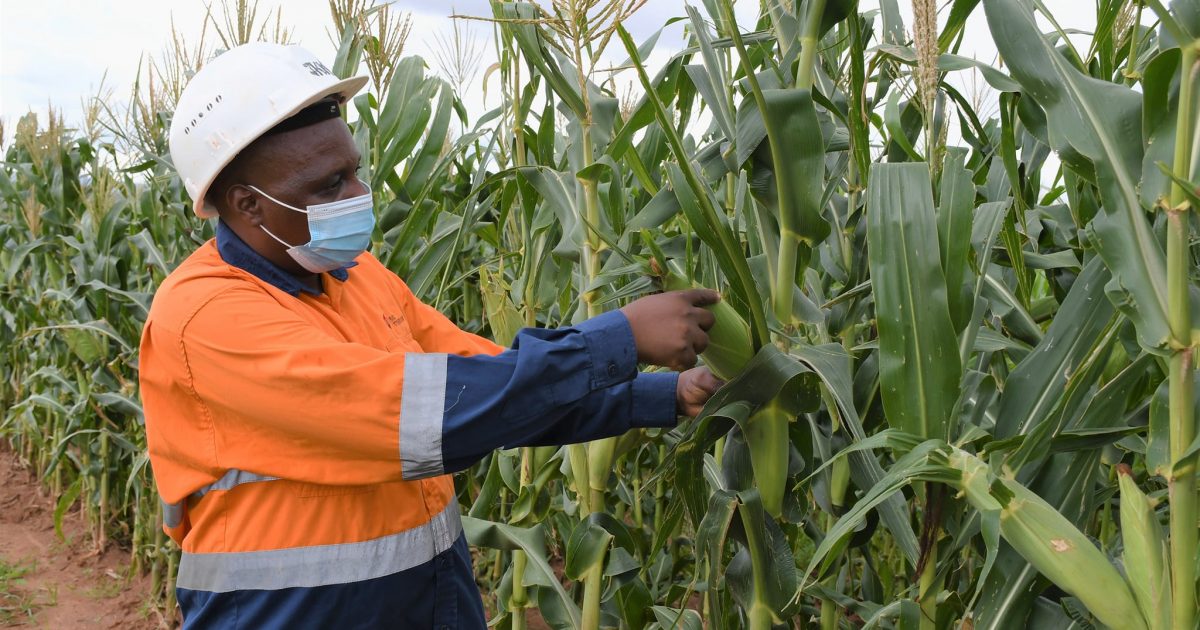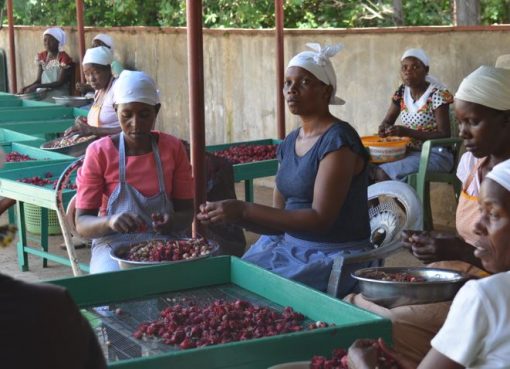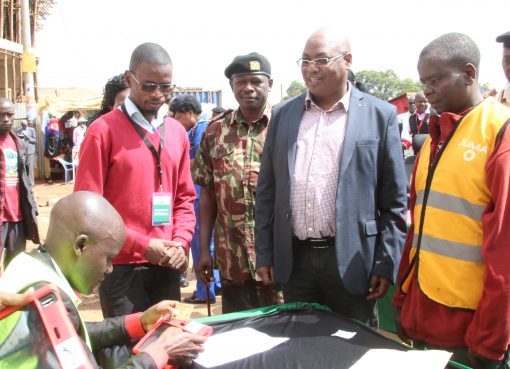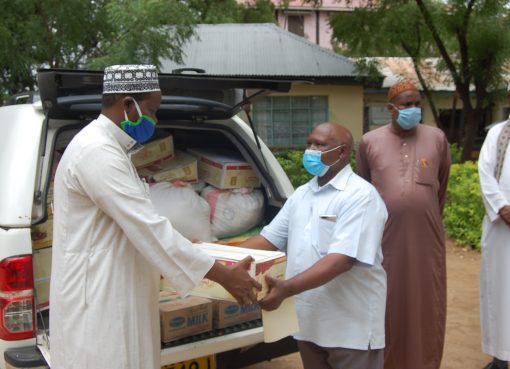Homa Bay County Deputy Governor Oyugi Magwanga has urged county residents to enhance the production of high-quality food crops to improve their nutrition status.
He said that the adverse effects of climate change have interfered with weather patterns, and farmers have to employ new strategies to overcome the challenges.
Magwanga said that diversifying the production of food crops will ensure residents eat food with the right nutrients and quality.
He said research has shown that there is a 40 per cent decline in the nutritional content of fruits and vegetables because of genetic and environmental effects.
He noted that commercial farming focuses on high yields through the use of fertilisers and chemicals, which affect the quality of food produced.
“Growing your own food doesn’t only address the shortage but also improves the quality of food. Let Homa Bay residents consider farming their own food for better nutritional value,” Magwanga said.
Magwanga made the remarks today at the Nyakongo farmer’s training centre in Karachuonyo constituency.
Magwanga told youths in the county to embark on agricultural production for their economic empowerment.
Violet Shivutshi and Esther Obidho from the Huairou Commission were also in attendance.
The commission is supporting more than 75 women in the county, who in turn train the community on best farming practices.
More than 246,000 people have registered as farmers as the Department of Agriculture begins to support them in increasing food production through their value-chain crops.
Some of the crops are rice, cotton, and edible oil crops such as oil palm and groundnuts. The county is also engaging residents in dairy farming.
Magwanga said their extension and other agricultural officers are out to provide advice to farmers.
“Youths must change their attitudes and embark on farming to get money. You must soil your hands for you to earn clean money,” he added.
Shivutshi argued that society’s cultural practices, like the fact that women are not supposed to own land, are affecting agricultural production.
She said most women in Nyanza and Western parts of Kenya are not agriculturally productive because they are not allowed to own ancestral lands.
This has also interfered with the rights of women and girls in society.
“Most women we are supporting in farming operate on leased land, which is expensive. Let county governments and the state provide land and incorporate women in food production,” Shivutshi said.
Some of the women and other agricultural organisations had the opportunity to showcase their farm produce.
Obidho said women play an integral role in addressing the food crisis since they are the primary caregivers in families and communities.
She asked leaders to advocate for policies that improve food security.
“Women have the power to make a difference in their daily lives; hence, they need support. Such support will ensure every household has at least three meals a day and no one suffers from hunger,” Obidho said.
By Davis Langat





